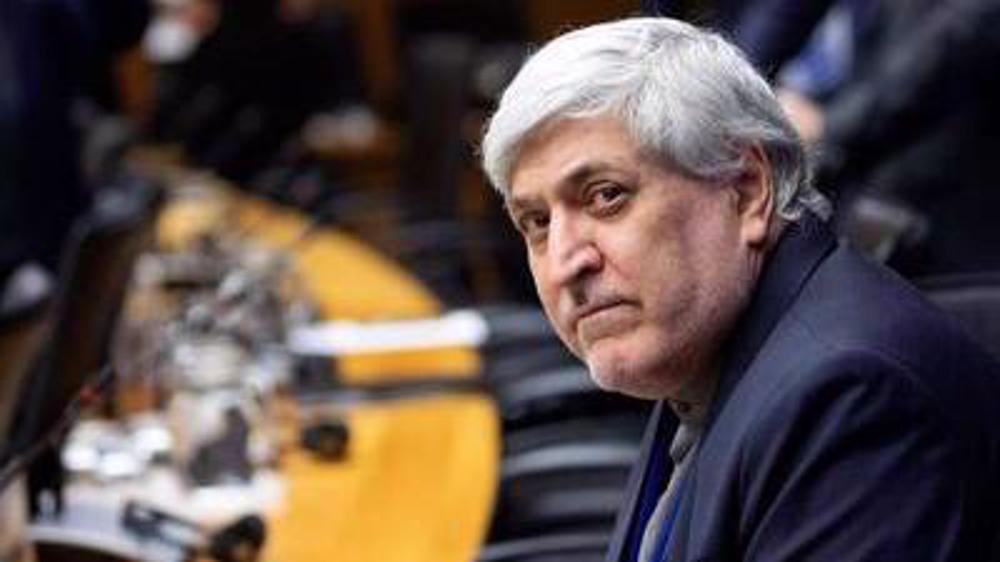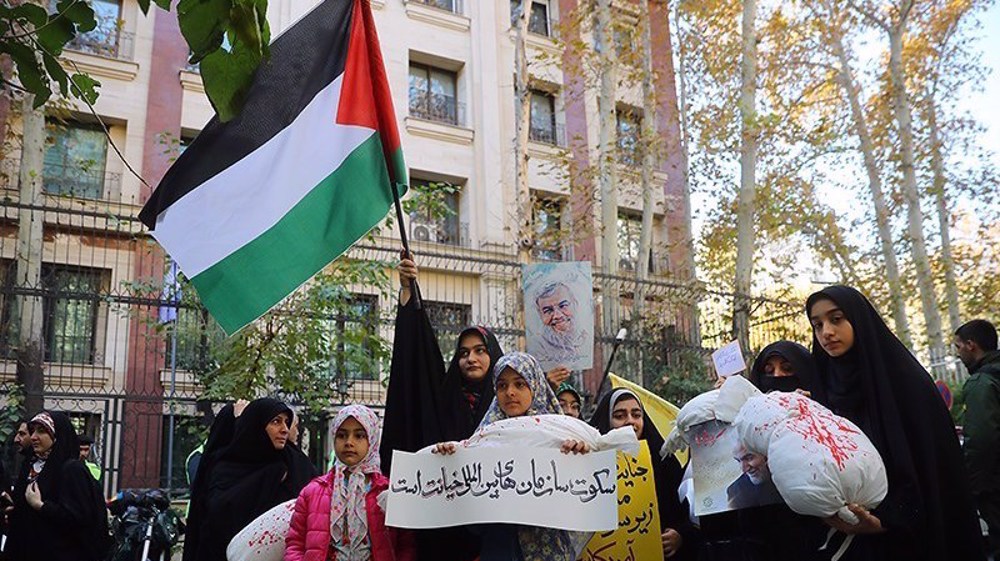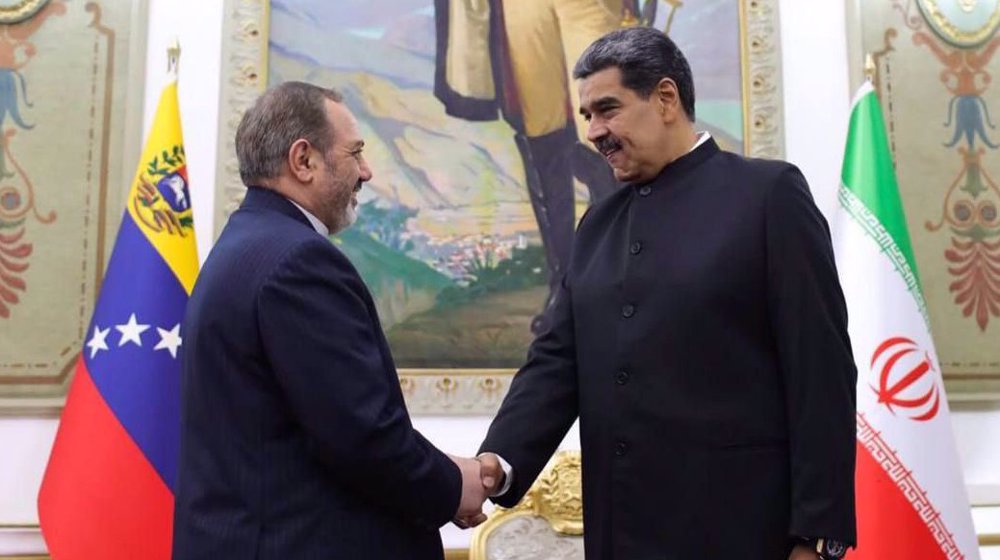Araghchi to Press TV: We still not confident a conclusion possible for Vienna talks
Iranian Deputy Foreign Minister for Political Affairs Abbas Araghchi says he is still not confident a conclusion would be possible for talks on the revival of a 2015 Iran nuclear deal, officially known as the Joint Comprehensive Plan of Action (JCPOA).
Araghchi made the remarks in an interview with Press TV on Tuesday after the fifth round of the JCPOA Joint Commission of the remaining signatories to the 2015 Iran nuclear deal — Russia, China, France, Britain and Germany — in the Austrian capital of Vienna.
Providing updates on the latest meeting, the top Iranian diplomat said he still cannot ascertain that a conclusion was possibly within reach despite progress made on some key differences over reviving the landmark deal.
“In the last round, we were able to make some meaningful progress in our negotiations but still there are some key issues to be resolved,” Araghchi said.
“I cannot say that we are able to conclude our job in this round of negotiations but this is possible; it depends on how much we are able to make progress on key issues and how much the other parties are prepared to make their own difficult decisions,” the Iranian deputy foreign minister underlined. “I am not confident that it would be possible to conclude the negotiations but there is a possibility.”
Earlier in the day, Araghchi met with Enrique Mora, the deputy of European Union foreign policy chief Josep Borrell who chaired the Vienna meeting, and also the Russian delegation to the talks.
The spokesman for the Iranian administration said at a weekly press conference on Tuesday that Iran and five major world powers have reached preliminary agreements on how to revive the 2015 Iran deal, but the fundamental steps necessary for that goal require political decisions to be made, particularly in Washington.
“Much of the negotiations about the removal of the sanctions and the steps by [all] sides to return to compliance [with the Iran deal in its original form] have been carried out and preliminary understandings have been reached,” Ali Rabiei said. “Small differences remain — over which negotiations will continue until final results are achieved.”
Rabiei stressed that under the understandings, all sides would return to compliance with the original deal — as agreed in 2015 and before former US President Donald Trump unilaterally ended American participation.
America’s pullout, which took place under Trump, was followed by a highly-hostile campaign of “maximum pressure” devised to choke off the Iranian economy, mainly the banking and oil sectors.
Besides re-imposing the anti-Iran sanctions lifted by the JCPOA, the US targeted the Iranian nation with several sets of additional bans under new pretexts and labels.
Now, with Trump gone, the new US administration under President Joe Biden says it seeks to rejoin the deal, but it has so far refused take meaningful action to regain Iran’s trust and come back to compliance.
In excessive demand, the US says Iran should first resume the nuclear commitments it has suspended in resorting to its legal retaliation rights defined in Article 26 of the agreement before Washington lifts the sanctions. Tehran has firmly rejected that demand, saying it is up to the US, as the party that abandoned the JCPOA, to take the first back toward the deal by removing all the anti-Iran sanctions practically and verifiably.
The Vienna process, which has been underway since early April, is aimed at finding a way of the dispute and get the JCPOA back on track.
An American team has also been in Vienna, but it has no permission to attend the sessions.
VIDEO | Yemen’s armed forces target Israeli airbase amid nationwide pro-Palestinian rallies
Putin vows more test of new hypersonic missile
VIDEO | Jordanians continue rallies to denounce Israeli genocide in Gaza, Lebanon
6 Israeli soldiers commit suicide: Reports
Diplomat discourages recourse to pressure, intimidation, confrontation against Iran
UN: 2024 deadliest year for aid workers amid genocide in Gaza
Gaza health official warns of hospital shutdowns within 48 hours
Israel kills 5 more paramedics in southern Lebanon: Health ministry











 This makes it easy to access the Press TV website
This makes it easy to access the Press TV website